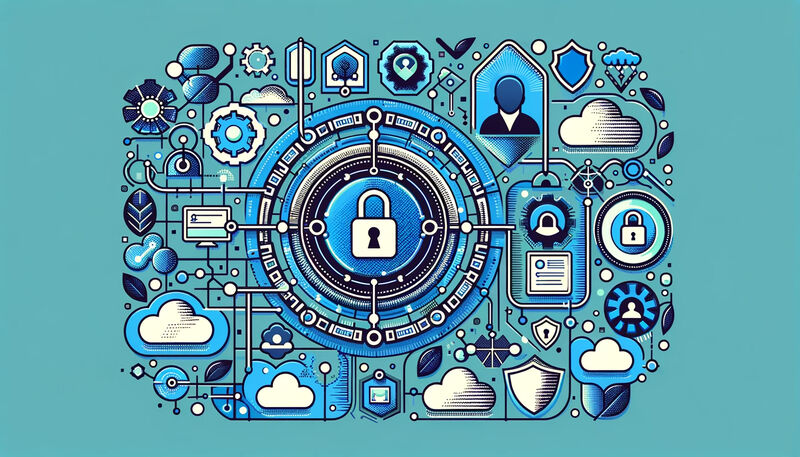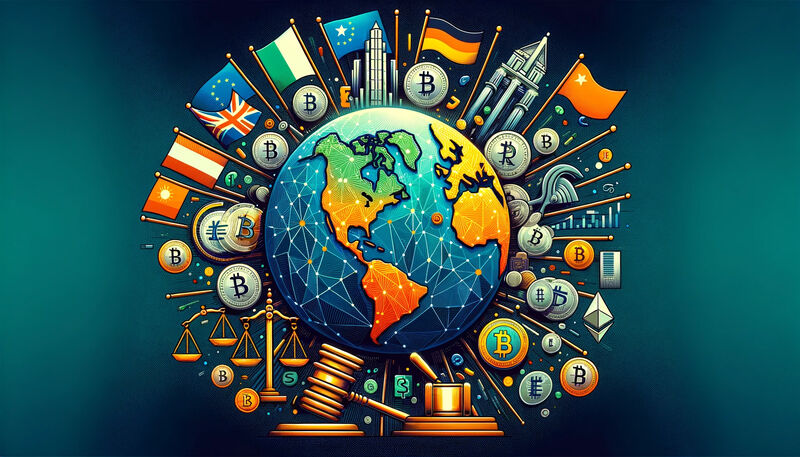Decentralized Identity: Empowering Users in a Digital World

In the ever-evolving digital landscape, the concept of identity has become increasingly complex and crucial. Traditional identity systems are often centralized, posing risks to privacy and security. Decentralized identity offers a transformative solution, empowering users to control their own identity information. This article delves into decentralized identity, exploring how it leverages blockchain technology to enhance user autonomy and security in the digital realm.
Understanding Decentralized Identity
Decentralized identity, or self-sovereign identity, is a model where individuals or entities have ownership over their own identity data, independent of any centralized authority. This approach uses blockchain technology to create a secure, interoperable, and tamper-proof identity system.
The Benefits of Decentralized Identity
- Enhanced Privacy: Users decide what information to share and with whom, reducing the risk of personal data exposure.
- Increased Security: By eliminating central points of failure, decentralized identity systems reduce the risk of data breaches.
- User Empowerment: Individuals gain control over their identity and digital interactions, fostering a sense of autonomy in the digital world.
How Decentralized Identity Works
- Digital Wallets: Users store their identity credentials in secure digital wallets, which they can access and control independently.
- Verifiable Credentials: Entities can issue verifiable credentials to users, who can then prove certain aspects of their identity without revealing all their data.
- Blockchain Technology: Blockchain's immutability and transparency ensure that credentials are secure and verifiable across different platforms and services.
Use Cases and Applications
Decentralized identity can transform various sectors, including finance, healthcare, education, and e-commerce, by streamlining identity verification processes, enhancing privacy, and reducing fraud.
Challenges and Future Directions
While decentralized identity offers promising benefits, it also faces challenges, including technological complexity, interoperability issues, and widespread adoption hurdles. Overcoming these challenges will require collaboration, standardization, and education to realize the full potential of decentralized identity.
Conclusion
Decentralized identity represents a significant shift towards a more secure, private, and user-centric digital world. As this technology matures, it has the potential to redefine how we think about identity, privacy, and digital interactions, empowering users and fostering trust in the digital landscape.

